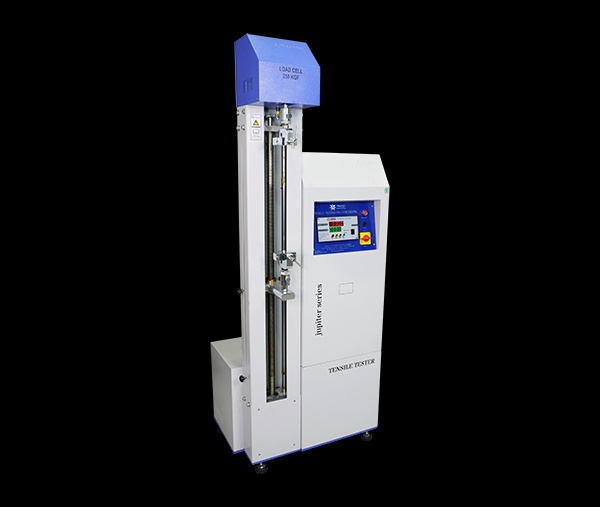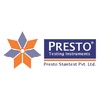Tensile testing is one of the most common and important methods of material testing, as it measures the tensile strength test, elongation, modulus, and other properties of a material under a controlled tension force. Tensile testing can help you to select the right material for your application, predict its performance and durability, verify its quality and compliance, and optimize its design and processing.
But how do you choose the best tensile tester for your material testing needs? There are many factors to consider, such as the type and size of the material, the test standards and specifications, the test parameters and accuracy, the test automation and efficiency, and the test budget and space. In this blog, we will guide you through some of the key aspects of choosing the best tensile tester for your material testing needs.
Type and Size of the Material
The first thing to consider is the type and size of the material that you want to test. Different materials have different tensile properties and behaviors, and may require different test conditions and accessories. For example, metals are usually tested at room temperature and high strain rates, while plastics are usually tested at elevated temperatures and low strain rates. Similarly, different materials may have different specimen shapes and sizes, and may require different grips and fixtures to hold them securely during the test.
Therefore, you should choose a tensile tester that can accommodate the type and size of your material, and comply with the relevant standards and specifications of your industry. For example, if you are testing metals, you should choose a tensile tester that can perform tests according to ASTM E8, ISO 6892, or other metal testing standards. If you are testing plastics, you should choose a tensile test machine that can perform tests according to ASTM D638, ISO 527, or other plastic testing standards.
Test Parameters and Accuracy
The next thing to consider is the test parameters and accuracy that you need for your material testing. The test parameters include the test load, the test speed, the test temperature, the test displacement, and the test duration. The test accuracy refers to how closely the test results match the true values of the material properties, and is affected by factors such as the load cell, the extensometer, the controller, and the software.
Therefore, you should choose a tensile tester that can provide the test parameters and accuracy that you need for your material testing. For example, if you are testing high-strength materials, you should choose a tensile tester that can apply high test loads, such as 100 kN or more. If you are testing low-strength materials, you should choose a tensile tester that can apply low test loads, such as 5 kN or less. Similarly, if you are testing materials that are sensitive to strain rate, you should choose a tensile tester that can control the test speed precisely. If you are testing materials that are sensitive to temperature, you should choose a tensile tester that can control the test temperature accurately.
Test Automation and Efficiency
Another thing to consider is the test automation and efficiency that you want for your material testing. The test automation refers to how much manual intervention is required to perform the test, such as loading the specimen, applying the load, cutting the specimen, and measuring the results. The test efficiency refers to how fast and easy the test can be performed, such as the test cycle time, the test data output, and the test report generation.
Therefore, you should choose a tensile Strength tester that can provide the test automation and efficiency that you want for your material testing. For example, if you are testing a large number of specimens, you should choose a tensile tester that can automate the test process, such as loading the specimen, applying the load, cutting the specimen, and measuring the results. This can save you time and labor, and reduce human errors. If you are testing a small number of specimens, you may choose a tensile tester that can perform the test manually, as it may be more economical and flexible. Similarly, if you are testing for advanced research and development, you should choose a tensile tester that can output the test data and generate the test report in a convenient and comprehensive way. This can help you to analyze and interpret the test results, and draw meaningful conclusions.
Conclusion
Choosing the best tensile tester for your material testing needs is not an easy task, but it is a crucial one. By considering the factors mentioned above, you can make an informed decision that will help you to measure the tensile properties of your material accurately and reliably, and improve the quality and performance of your product. To know more about the Tensile Testing Machine offered by Presto Group, you can visit their website or contact them at +91 9210 903 903. You can also download their latest product catalogue cum company profile from their website.


No comments yet